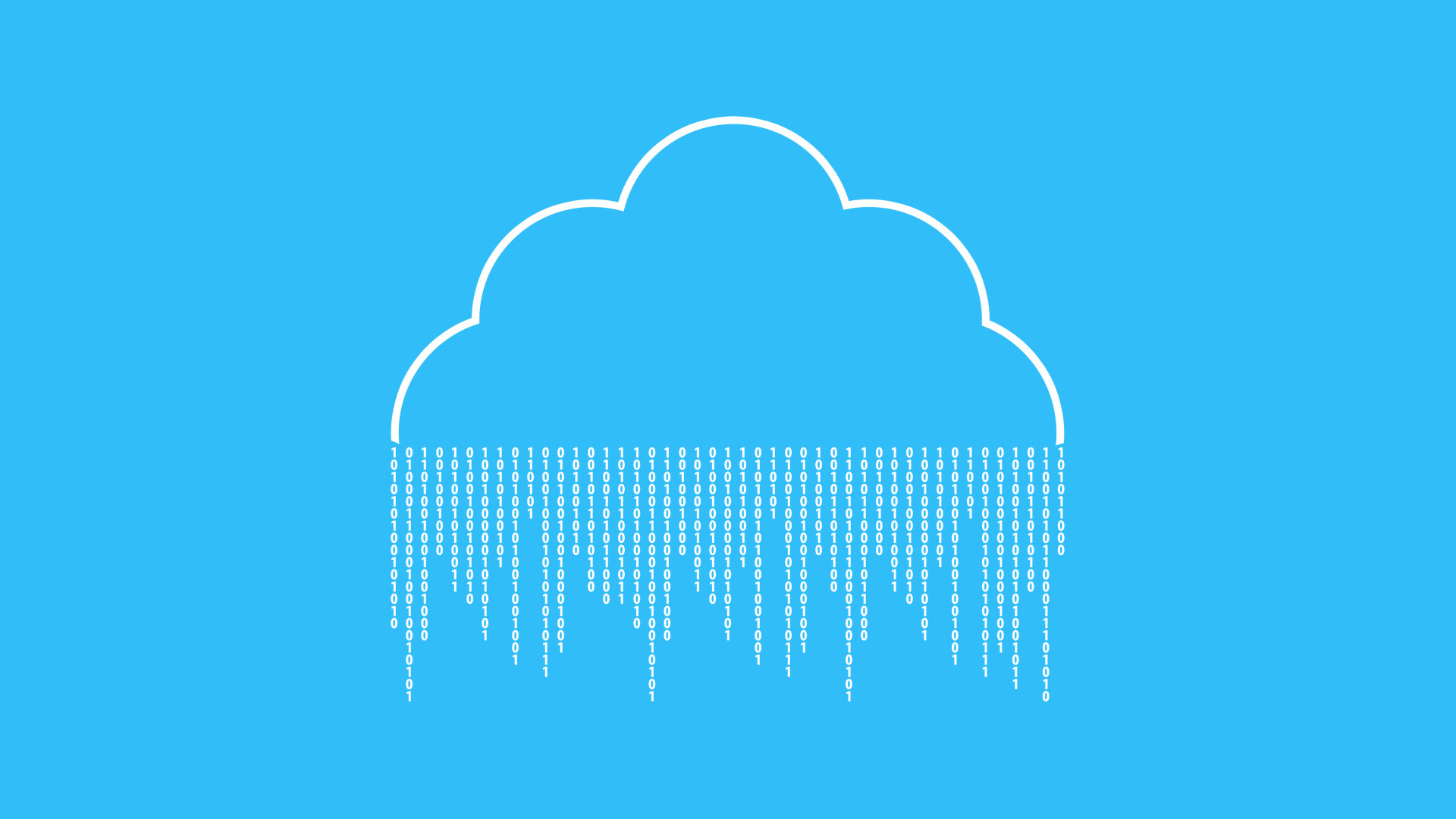Let’s start with the basics.
What is Cloud Computing?
Most people are aware that the Cloud is a place – somewhere – that we store our data, rather than having it all in house. There are the big giant Clouds that many of our smartphones will automatically use such as Apple Cloud, Google Cloud and Amazon. However, you mind find yourself still asking ‘what is cloud computing’?
To put it simply, cloud computing provides computing services including storage, software, analytics and databases all over the internet. Using the internet to deliver these resources enables flexibility and easily accessible information.
One of the key reasons why businesses choose to use cloud computing is because it creates space for you to be innovative and plan for your future. Your cloud services can be catered to your specific needs and will scale as your business grows.
What are the different types of cloud computing?
The term cloud computing encompasses different models that each suit some organisations better than others. To work out which type of cloud computing is best for you, take a look at the cloud services that are provided.
Public Cloud
Public clouds are the type of big clouds that you have likely heard of before. They are owned and operated by third-party cloud service providers such as Microsoft Azure and Amazon Web Services.
These third-party cloud service providers will manage all your cloud processes including hardware, software and other support. Everything is stored and accessed over the internet, which is where you also manage your account.
Public clouds are the most used type of cloud computing.
Why? They cost less as you only pay for the service that you need yet they have close to unlimited scalability as your business develops.
Private Cloud
Private clouds are purchased and used by a single organisation only, hence they are private and not shared or public. They are often located close by to where the organisation operates and sometimes even on-site. If you choose a third-party private cloud provider however, they will host everything on-site at their data centre for you. Instead of providing services across the public internet, everything is maintained through a private network.
Private clouds are commonly used by businesses who want additional security.
For example, financial institutions, government agencies or any large organisation who have a significant amount of sensitive data that they want to keep a close eye on.
Why? They can be more secure and specific to your business needs as the network and resources are not shared with any other organisations.
Hybrid Cloud
Hybrid clouds are a new innovative way to do cloud computing. They combine both public and private clouds by allowing data and applications to be shared. A great example of a hybrid cloud is the Citrix Virtual Desktop. Hybrid clouds like Citrix can be tailored to your specific business needs in a way that public and private clouds can’t. Hybrid clouds will allow you to move and access data between public and private clouds so that you have increased flexibility and productivity.
Hybrid clouds are used by organisations who require flexibility.
Why? Hybrid clouds are the best of both worlds. You can transition gradually and seamlessly to storing your most sensitive data privately, while reaping the benefits of additional public resources.
Now that we’ve had a look at what is meant by the term cloud computing, here are some of the reasons why businesses globally are migrating to the Cloud.
Top 5 benefits of cloud computing
- Cost effective – Cloud computing delivered by service providers is a cost-effective solution for any business. Your third-party providers will do everything for you, meaning that you don’t have to spend money on servers, IT experts or the constant electricity to store your data.
- Speedy access – Because cloud computing primarily runs through the internet, resources can be provided almost instantly. All it takes is a couple of clicks, and you have access to a wealth of data.
- Fewer tasks, more productivity – If your data is stored on-site, there will be a lot of maintenance involved to manage your infrastructure. However, cloud computing allows you to be more productive and efficient every day as you won’t have tedious IT maintenance work to do.
- Efficiency – The big public cloud computing services deliver globally via multiple data centres and networks. You can trust that these cloud services will be high performing and efficient due to their regular upgrades and testing of computing hardware.
- Security – Cyber-attacks are increasing all the time and ensuring that your cloud security is up to scratch could save you a lot of trouble long term. Most cloud providers offer some level of security to protect your data from potential threats, but it’s worth checking that yours is comprehensive enough for your business’ needs.
Hopefully, now you will not need to ask ‘what is cloud computing’ anymore but instead can think about when the best time might be to migrate to the Cloud. The likelihood is that you are already using the Cloud without realising how often. The important thing is to work out what your business’ specific cloud computing needs are and establish how you









